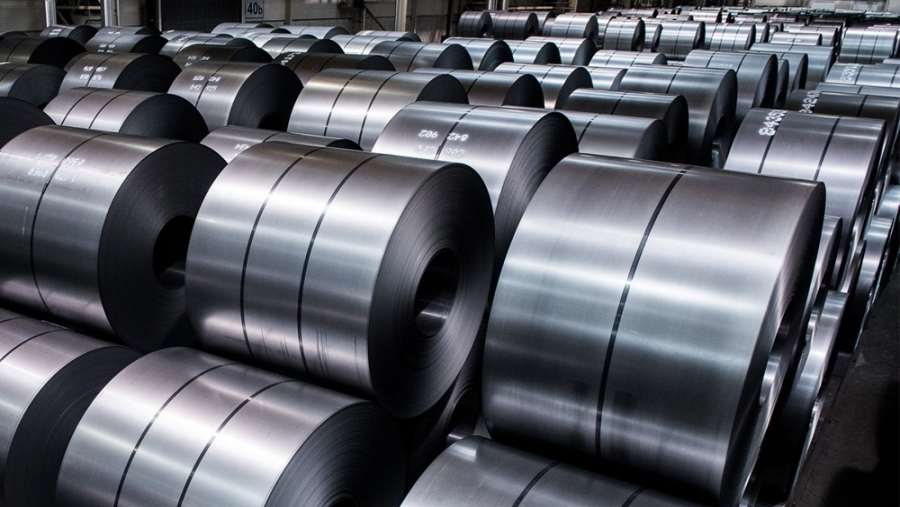
ASEAN Countries likely to Remain Net Importer of Steel

6-ASEAN (Association of Southeast Asian Nations) countries (which includes Vietnam, Malaysia, Thailand, Philippines, Indonesia and Singapore) are likely to remain net steel importers despite fastest growth in demand due to the presence of environmental pressure which is making capacity additions quite difficult, said delegates present in annual general assembly of WSA (World Steel Association).
Despite recent investments in setting up blast furnaces in Vietnam, Indonesia and Malaysia, “owning capacity by ourselves will be very risky” due to the large investment needed and “a lot of environmental pressure,” said Wikrom Vajragupta, chairman of the trade promotion and relations committee of the ASEAN Iron & Steel Council and the Southeast Asia Iron and Steel Institute on a panel at the annual general assembly of the WSA.
The top official from NatSteel Holdings in Thailand, a unit of Tata Steel said that whether new meltshop capacity in the region takes the form of the basic oxygen furnace or the electric arc furnace was a “dilemma between long- and short-term” considerations. He also added that managing carbon emissions was a longer-term concern, whereas setting up BOFs would yield greater economies of scale.
Steel demand in the ASEAN-6 nations is expected to double to 145 MnT by 2030, according to WSA’s official. Given the 73.8 MnT of steel consumed by the six countries in 2017, they made up one of the largest net importing regions at 50 MnT. Construction, especially of infrastructure and housing, was the main sector identified as accounting for growth in most of the region, with auto demand another sector.


Trump weighs using $2 billion in CHIPS Act funding for critical minerals

Codelco cuts 2025 copper forecast after El Teniente mine collapse

Electra converts debt, launches $30M raise to jumpstart stalled cobalt refinery

Barrick’s Reko Diq in line for $410M ADB backing

Abcourt readies Sleeping Giant mill to pour first gold since 2014

Nevada army depot to serve as base for first US strategic minerals stockpile

SQM boosts lithium supply plans as prices flick higher

Viridis unveils 200Mt initial reserve for Brazil rare earth project

Tailings could meet much of US critical mineral demand – study

Kyrgyzstan kicks off underground gold mining at Kumtor

Kyrgyzstan kicks off underground gold mining at Kumtor

KoBold Metals granted lithium exploration rights in Congo

Freeport Indonesia to wrap up Gresik plant repairs by early September

Energy Fuels soars on Vulcan Elements partnership

Northern Dynasty sticks to proposal in battle to lift Pebble mine veto

Giustra-backed mining firm teams up with informal miners in Colombia

Critical Metals signs agreement to supply rare earth to US government-funded facility

China extends rare earth controls to imported material

Galan Lithium proceeds with $13M financing for Argentina project

Kyrgyzstan kicks off underground gold mining at Kumtor

Freeport Indonesia to wrap up Gresik plant repairs by early September

Energy Fuels soars on Vulcan Elements partnership

Northern Dynasty sticks to proposal in battle to lift Pebble mine veto

Giustra-backed mining firm teams up with informal miners in Colombia

Critical Metals signs agreement to supply rare earth to US government-funded facility

China extends rare earth controls to imported material

Galan Lithium proceeds with $13M financing for Argentina project

Silver price touches $39 as market weighs rate cut outlook

















